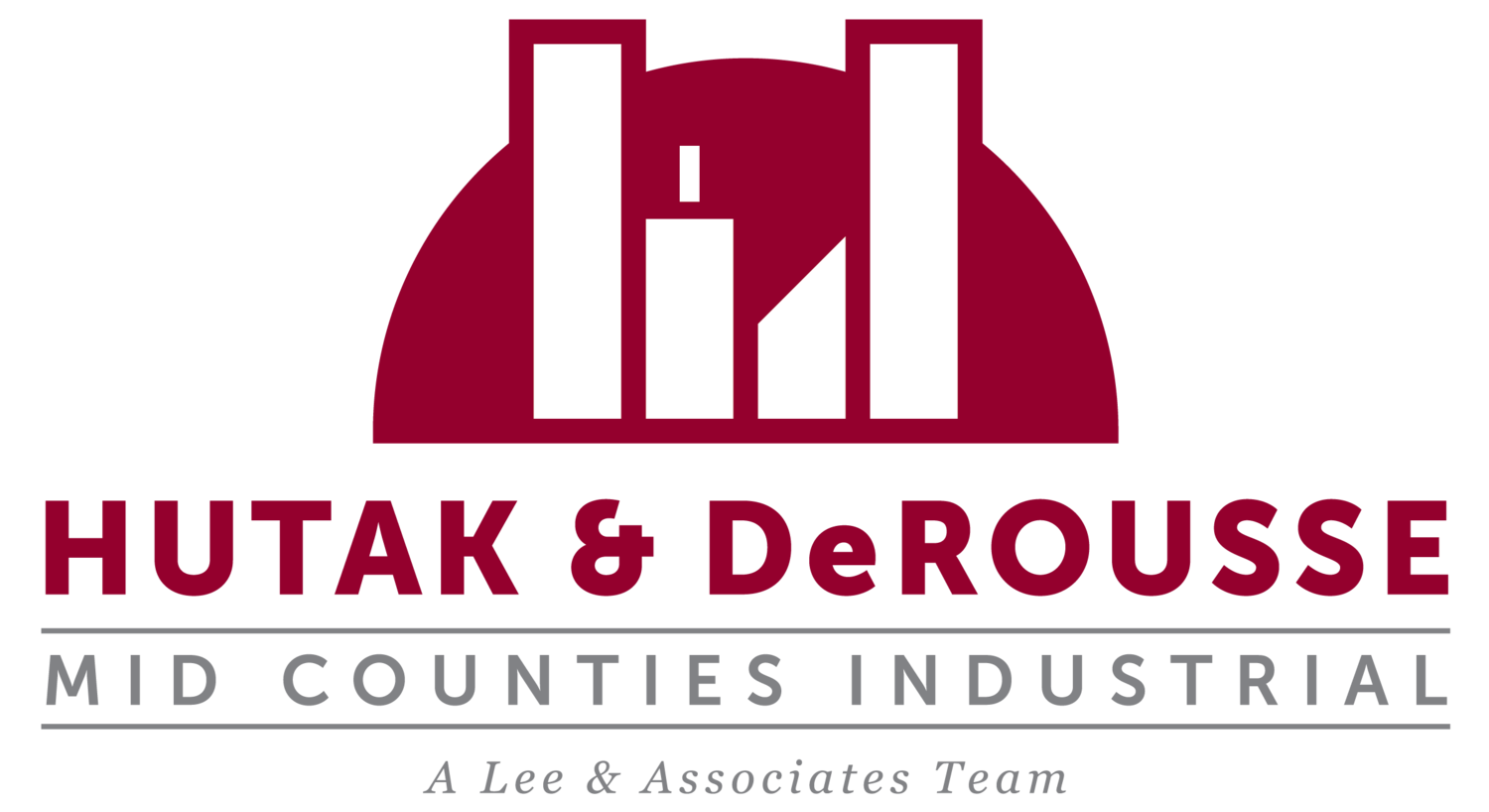As an owner/user, it is important for you to learn about a looming threat to industrial property values that we will all be voting on in the 2020 General Election. Necessary signatures have been obtained to vote on a proposition that would split the property tax rolls and remove Proposition 13 protection for commercial properties. This is the first serious threat to our current property tax system since 1978.
The so-called California Schools and Local Funding Act, would leave residential property and agricultural land under Prop 13 protection in place, but would allow for the annual reassessment of commercial property to full cash value for tax purposes. This would effectively eliminate the 2% annual cap on the base tax levy and expose taxpayers to large annual property tax increases.
If you have structured your industrial property ownership like most owner/users, you own your building personally and lease it back to your company. One of the key advantages of this structure is that you decide how the costs and income are allocated between you and your company. If you want more income on the personal side to accelerate the pay-down on your mortgage, you can raise the rent on your company. If you want to reduce your personal cash flow for tax reasons, you can lower the rent on the company and free up that cash to finance growth initiatives like hiring new employees or investing in new equipment. The choices are yours because you wear both hats, and that has been a key demand driver for industrial properties for decades.
But this proposition, which we believe will pass, is a game changer for owner/users. In an arm’s length investor scenario, the owner leases to an unrelated third party and passes the property tax burden on to the tenant in addition to rent payments. Investors with leases in place at the time the law passes will be insulated from paying higher taxes, at least until those leases expire and new leases are negotiated. Since you are both owner and tenant, that cost would fall to you and either drive up the operating cost for your business or reduce your personal cash flow.
Occupancy cost control is one of the main reasons the owner/user structure has become so popular. Business owners can borrow at low fixed interest rates for up to 25 years and Prop 13 tax rules fix property tax increases to just 2% each year. Interest rates are already on the rise and if property taxes increase sharply, the occupancy cost equation will be significantly impacted. This could reduce the demand for owner/user properties and precipitate an increase in supply of product at the same time, as more risk-averse owner/users decide to exit their investments. That double-whammy would put heavy downward pressure on property values, which are currently at an all-time high.
Those who own highly appreciated assets currently protected under Prop 13 rules will be hit the hardest and the fastest. The proposed law allows for the immediate reassessment of all commercial property. So, if you paid $750,000 for your building back in the 1990’s that is now worth over $2,250,000 today, your new base levy would rise to 1% of $2,250,000, or nearly triple what you currently pay. Not good.
Why do we think this proposition will pass? That’s an easy one. With $11 billion per year in extra tax revenue to schools and local governments up for grabs, you can count on every school district, public employee union and city government to back it with the full force of their combined lobbying power. Those opposed will be commercial property owners like you that have no common voice. Since the vast majority of voters are not commercial property owners, they are likely to vote for an increase in funding for good causes that won’t cost them a dime.
There is much more to discuss in terms of the impact of this proposed law. We will be sending regular updates as we learn more. In the meantime, it may be a good idea to take a fresh look at your investment strategy. We are just a phone call away to assist you in that effort.
Joel Hutak
714.564.7169
jhutak@lee-associates.com
DRE# 01411356
Phillip DeRousse
714.564.7141
pderousse@lee-associates.com
DRE# 01933061


